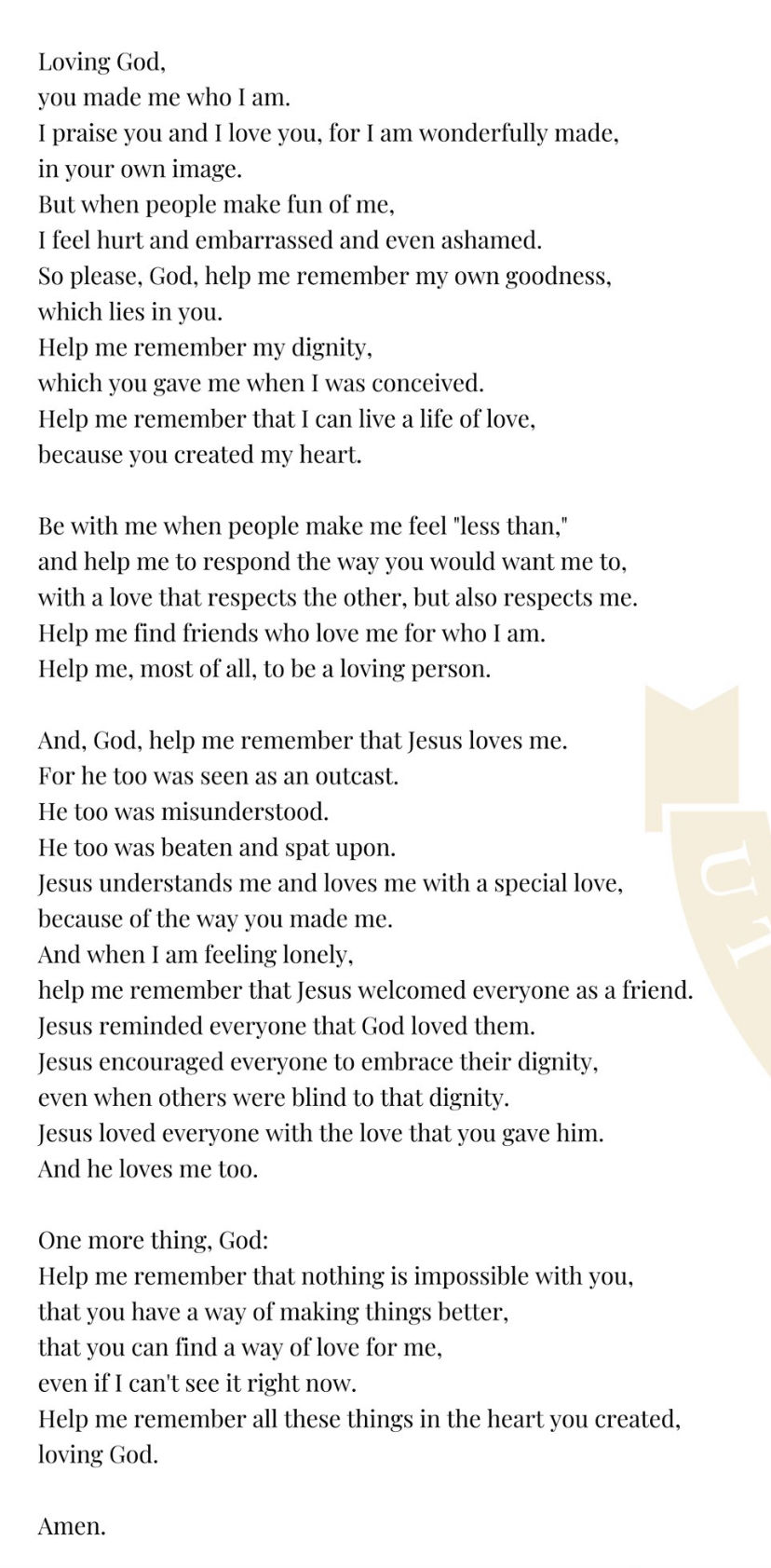- Father Bob Meyer

- Jun 27, 2021
- 2 min read
Dear Friends:
June was a month of many celebrations secular and religious, among them baptisms, weddings, first communions, graduations, and retirements. We congratulate all who celebrated these big steps.
June is also a month where the church calendar was filled, in fact, perhaps more filled than other months. We celebrated:
Saint Justin the Martyr, who taught us that Jesus is God’s incarnation
Saints Marcellinus and Peter, priest and exorcist respectively
Saint Charles Lwanga and companions, who gave their life to fight evil
Saint Boniface, the monk who brought Christianity to Germany
Corpus Christi, the celebration of the source and summit of our faith
Saint Ephrem, one of the most notable hymnographers
Sacred Heart of Jesus, celebrated God’s boundless and passionate love for us
Immaculate Heart of Mary, celebrated the tenderness, charity and sweetness of the Lord
Saint Albert Chmielowski, who served the homeless
Saint Anthony, whose bread feeds the hungry
Saint Romauld, who struggled and conquered temptations against purity
Saint Aloysius Gonzaga, cared for victims of an epidemic
Saint John Fisher, who defended the church
Saint Thomas More, who opposed the Protestant Reformation
Saint John the Baptist, who prepared the way for Jesus
Saint Josemarie Escriva de Balaguer, who taught that ordinary life can result in sanctity
Saint Ireneaus, who helped the Church grow in southern France and combating heresy
Saints Peter and Paul, our first pope and great teacher, respectively
First Martyrs of Rome, who gave example that the believe has a cost
For many of our gay, lesbian, bi-sexual, transgendered, and questioning fellow believers, June is also the month of pride.
Unlike any other month, June afforded us the opportunity each day to celebrate the beautiful diversity of God’s creation within the human family, saint and sinner alike. As we move to the quiet of the summer months, I pray that as believers and as people of good will, we will be able to focus on the inherent dignity, value and worth of all God’s people, and that we will walk humbly with our God and respectfully with one another too.
Recently, I came across this prayer. May we make it our own as we pray each day for ourselves and each another.

Blessings! Happy Summer!

